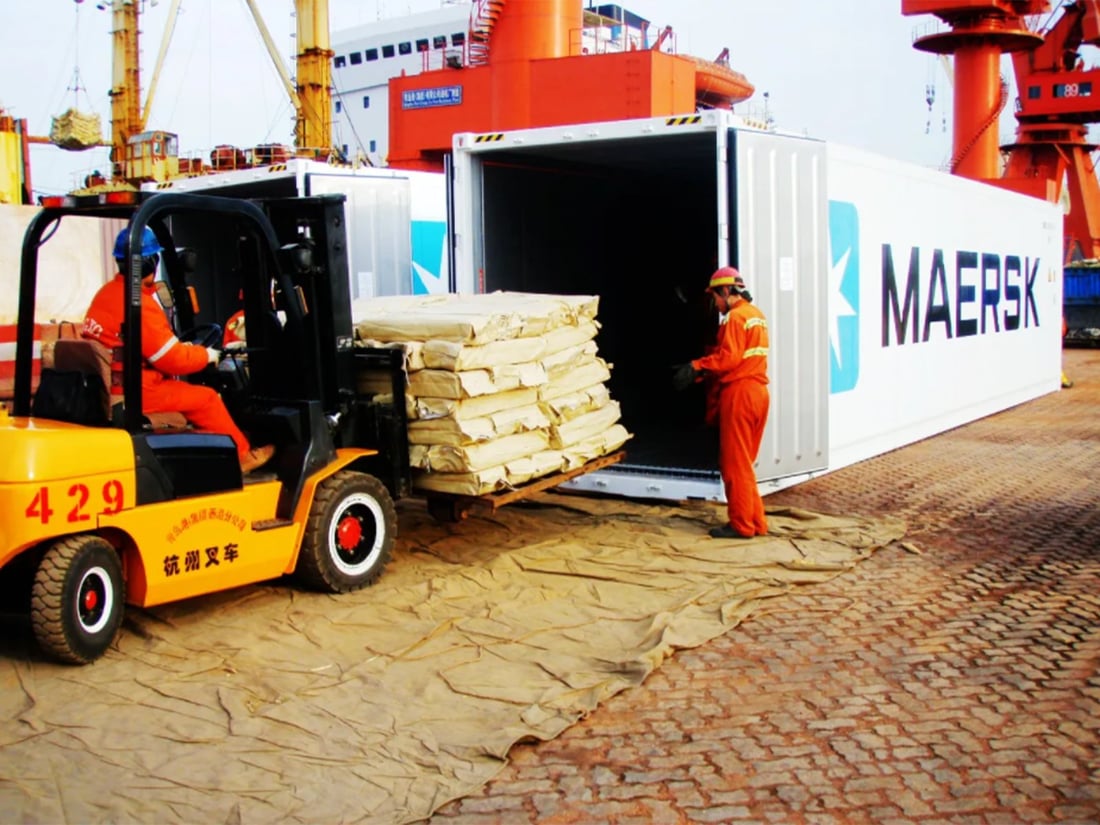What is container loading supervision?
Container loading supervision is an essential process in the logistics industry that ensures the proper and safe loading of goods into containers for transportation. It involves monitoring and inspecting the loading process to minimize the risk of damage, loss, or any other issues that may arise during transit. In this article, we will explore the various aspects of container loading supervision and its importance in ensuring the integrity of shipments.
The Role of Container Loading Supervision
Container loading supervision plays a crucial role in maintaining the quality and safety of goods during transportation. It involves a comprehensive inspection of the containers, packaging, and loading process to ensure compliance with industry standards and the specific requirements of the shipment.
The primary goal of container loading supervision is to prevent any damage or loss of goods caused by improper handling, inadequate packaging, or overloading. By monitoring the loading process, supervisors can identify and rectify any issues before the container is sealed and shipped.
Additionally, container loading supervision helps to prevent theft and tampering, as supervisors ensure that the containers are securely sealed and all necessary security measures are in place.
The Process of Container Loading Supervision
The process of container loading supervision typically involves the following steps:
- Pre-Loading Inspection: Before the loading process begins, supervisors conduct a thorough inspection of the containers to ensure they are clean, free from damage, and suitable for the intended shipment. They also check the integrity of the seals and ensure that the containers meet the necessary safety and quality standards.
- Packaging Inspection: Supervisors carefully examine the packaging materials used for the goods, including cartons, pallets, and other protective measures. They check for proper labeling, adequate cushioning, and appropriate stacking to prevent any damage during transportation.
- Load Planning: Supervisors work closely with the loading team to plan the optimal arrangement of goods inside the container. They consider factors such as weight distribution, fragility of the items, and compatibility to ensure safe and efficient loading.
- Monitoring the Loading Process: During the loading process, supervisors closely monitor the activities to ensure compliance with the agreed-upon loading plan. They check for any signs of mishandling, improper stacking, or overloading, and provide guidance or corrective measures as needed.
- Final Inspection: Once the loading is complete, supervisors conduct a final inspection to ensure that all goods are properly secured inside the container. They verify the accuracy of the packing list, check the container seals, and confirm that all necessary documentation is in order.
- Sealing and Documentation: After the final inspection, supervisors oversee the sealing of the container and ensure that all relevant documentation, such as the bill of lading and packing list, is completed accurately. They also maintain a record of the entire loading process for reference and future audits.
The Importance of Container Loading Supervision
Container loading supervision is crucial for several reasons:
1. Preventing Damage and Loss
By closely monitoring the loading process, supervisors can identify and address any issues that may lead to damage or loss of goods. This includes ensuring proper stacking, securing fragile items, and preventing overloading, which can cause structural damage to the containers.
2. Ensuring Compliance with Regulations
Container loading supervision ensures that shipments comply with various regulations and standards, both internationally and domestically. This includes adherence to weight restrictions, hazardous materials handling guidelines, and proper documentation.
3. Minimizing Risks
Supervision helps minimize the risks associated with transportation, such as theft, tampering, and accidents. By implementing security measures and conducting thorough inspections, supervisors can reduce the likelihood of such incidents.
4. Maintaining Customer Satisfaction
Proper container loading supervision helps maintain customer satisfaction by ensuring that goods arrive in the expected condition and on time. By preventing damage or loss, businesses can avoid costly disputes and maintain their reputation for reliability and quality.
5. Facilitating Insurance Claims
In the unfortunate event of damage or loss during transit, container loading supervision plays a vital role in facilitating insurance claims. Detailed records and documentation of the loading process can help prove the condition of the goods before shipment and support the claims process.
Conclusion
Container loading supervision is a critical process in the logistics industry that ensures the proper and secure loading of goods into containers. By closely monitoring the loading process, supervisors can prevent damage, loss, and other issues that may arise during transportation. This process plays a vital role in maintaining the integrity of shipments, complying with regulations, and ensuring customer satisfaction. Businesses should prioritize container loading supervision to safeguard their shipments and enhance their overall logistics operations.

